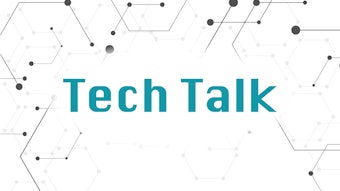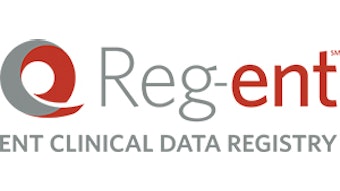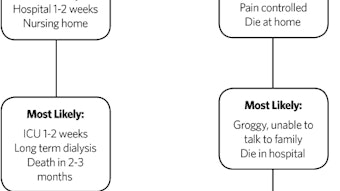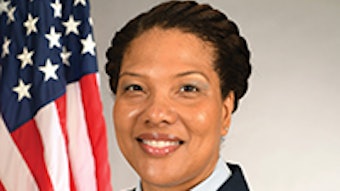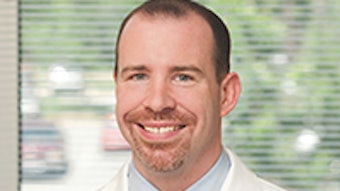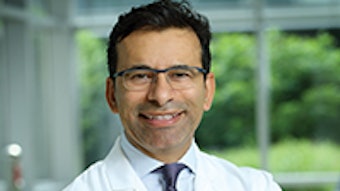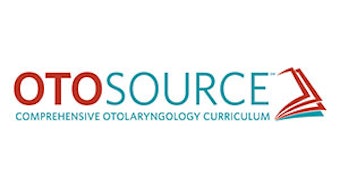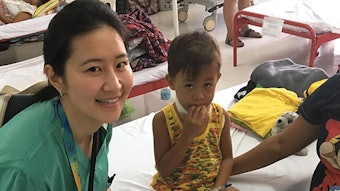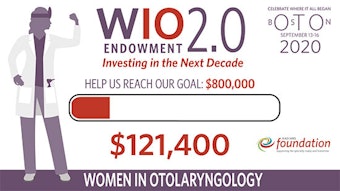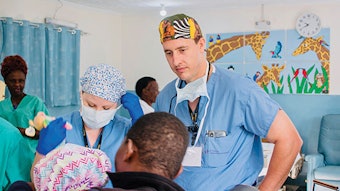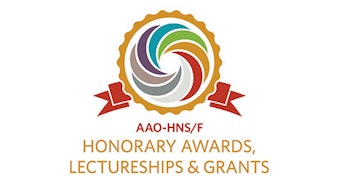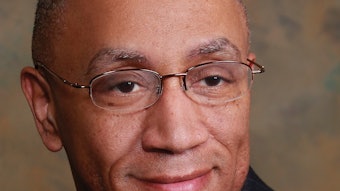New Year, New Committees
The current volatility we have witnessed over the last six months in Washington, DC, will likely accelerate as we move closer to the 2020 elections. Healthcare reform will likely be one of the most widely debated topics throughout the process, extending for years to come. The need to balance access, quality, and cost will continue to be addressed from distinctly different points of reference.
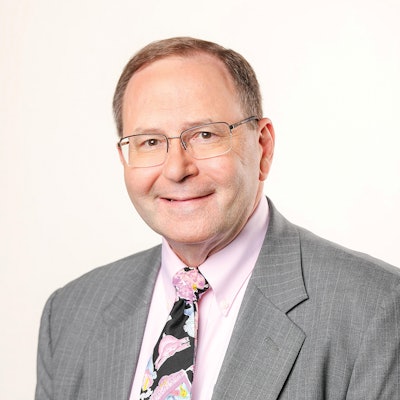 James C. Denneny III, MD, AAO-HNS/F EVP/CEO
James C. Denneny III, MD, AAO-HNS/F EVP/CEO
This month’s Bulletin highlights a potpourri of activities requiring collaborative effort and innovation to achieve desired goals. They have a commonality in initiatives that will benefit our patients and can be driven by real evidence. Our Guidelines Task Force, which consists of stakeholders representing broad interests across our specialty—including representatives of all of our subspecialty societies and the public—continues a long history of exemplary expansion of quality in our specialty through Clinical Practice Guidelines (CPG) and Clinical Consensus Statements (CCS). The newly released CPG on epistaxis is no exception.
Thanks to the foresight of your presidential leaders, Drs. Merati, Taylor, and Bradford, and interested Academy members, we will have three new committees operating in 2020. In recent years, it has become apparent that the increasing number of awards and honors has resulted in difficulty in identifying an appropriate pool of qualified candidates. Dr. Merati has formed the Awards Task Force that will now be charged with promoting each award, recognizing deserving individuals, and selecting the awardees. This will begin for the 2020 cycle. Drs. Bradford and Taylor recognized the rapid progression and the future integration of telehealth and telemedicine as essential tools and remedies for current and future access and care optimization in otolaryngology and, through the Executive Committee, they have resumed the Telehealth and Telemedicine Committee that was sunsetted 12 years ago.
Finally, members interested in salivary gland disease based on recent advances in management options have followed the prescribed mechanism for committee formation and completed all requirements. The Executive Committee approved their application, and the committee will be populated in the near future.
We are also highlighting the successful international program in this month’s issue. We now have 72 International Corresponding Societies and have had a steady progression of bidirectional joint meeting programs around the world as well as significant international attendance at and substantial expansion of our Annual Meeting global programming. The leadership of our Coordinator for International Affairs, J. Pablo Stolovitzky, MD; the International Advisory Board, chaired by Sady Selaimen da Costa, MD, MSc, PhD; and the International Steering Committee has spearheaded the escalating global collaboration and education that can lead to individual and systemic progress for all.
Our practice profile this month features one of our newest at-large Board of Directors members, Colonel LaKeisha R. Henry, MD. Dr. Henry’s long-term commitment to military service and progression to the rank of colonel is inspirational and brings to light the significant contributions that military clinical medicine and research have made both in general trauma and otolaryngic trauma care. Future Bulletin articles will feature a comprehensive look at the history of otolaryngology in the military and the numerous advances made possible through that experience.
The Executive Director of the American Board of Otolaryngology – Head and Neck Surgery (ABOHNS), Brian Nussenbaum, MD, has given us a comprehensive update on the many activities that the ABOHNS has pursued on behalf of our members/diplomates and the entire specialty of otolaryngology, much of which is done in association with the Academy and Foundation.
The next several months will see some interesting and unpredictable activity specific to otolaryngology embedded in federal and state legislation that will potentially come to vote this year involving audiology and hearing issues as well as healthcare system changes. We will be sending out timely communications asking for your help in contacting your representatives as these issues arise and would appreciate your participation.
